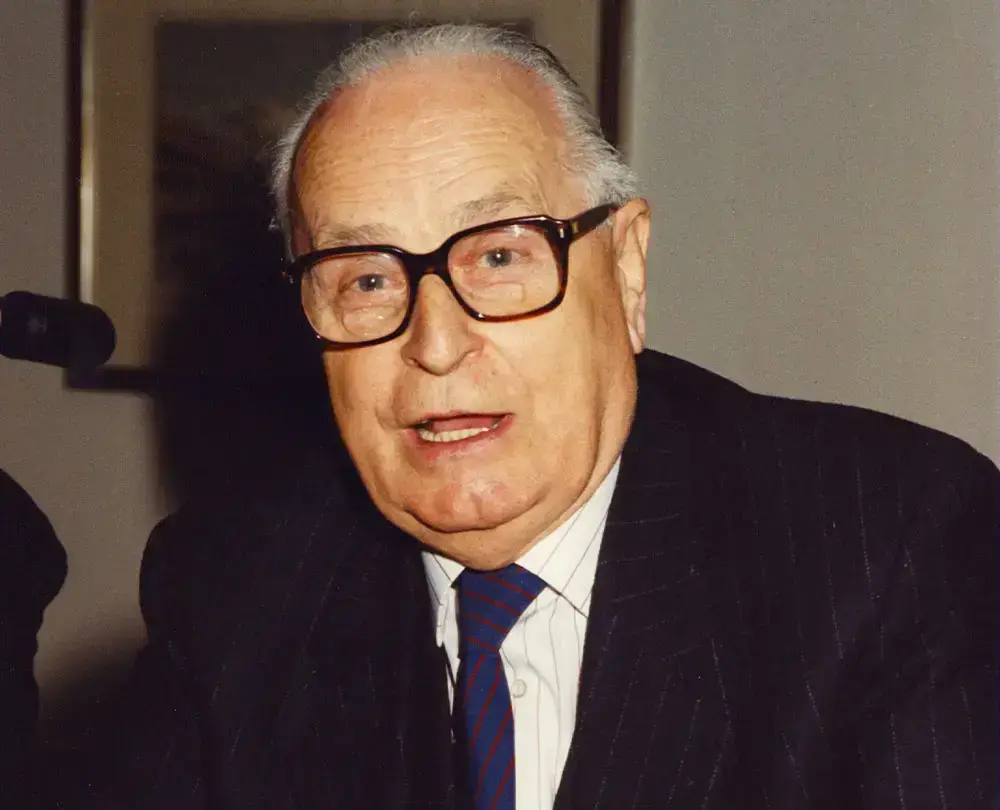
Founded in 1934 in Treviso by Carlo Secoli, Istituto Secoli was established with the intention of spreading sartorial culture and tradition by transmitting a professional method for designing and creating garments.

In 1945, Carlo Secoli moved the fashion school to Milan, contributing to the formation of the great cultural and social movements that led the city to become the world capital of the fashion system. The Institute immediately demonstrated its ability to intercept market needs and anticipate sector demands, quickly becoming one of the most renowned educational institutions in the fashion field.

The first courses offered were in Pattern Making. The innovations brought to this subject made it possible to design any model with precision, linking the history of Istituto Secoli with the history and evolution of industrial pattern making. The transition from custom pattern making to size-based pattern making, the development of the first scientific methods for size grading, constant technical updates, and collaboration with CAD system manufacturers are the chapters of a tradition and innovative culture that identify the institute today as the best school for studying this discipline.
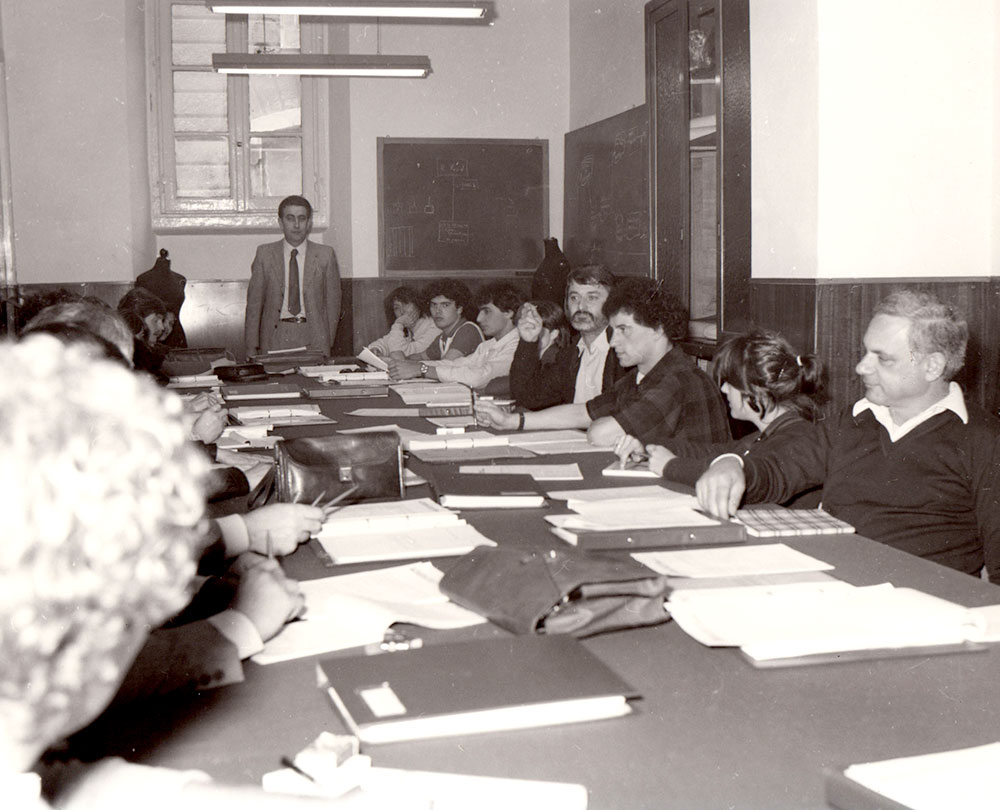
In 1962, the Institute launched courses in "Time and Motion Study and Business Organization" in collaboration with the research departments of the most important garment machinery manufacturers and American training schools, with the objective of promoting professional development in work organization within the clothing industry. In 1965, the Institute decided to open its courses not only to technicians sent by companies, but also to young high school and university graduates. Since 1975, the courses offered at Secoli have been recognized by the Lombardy Region.
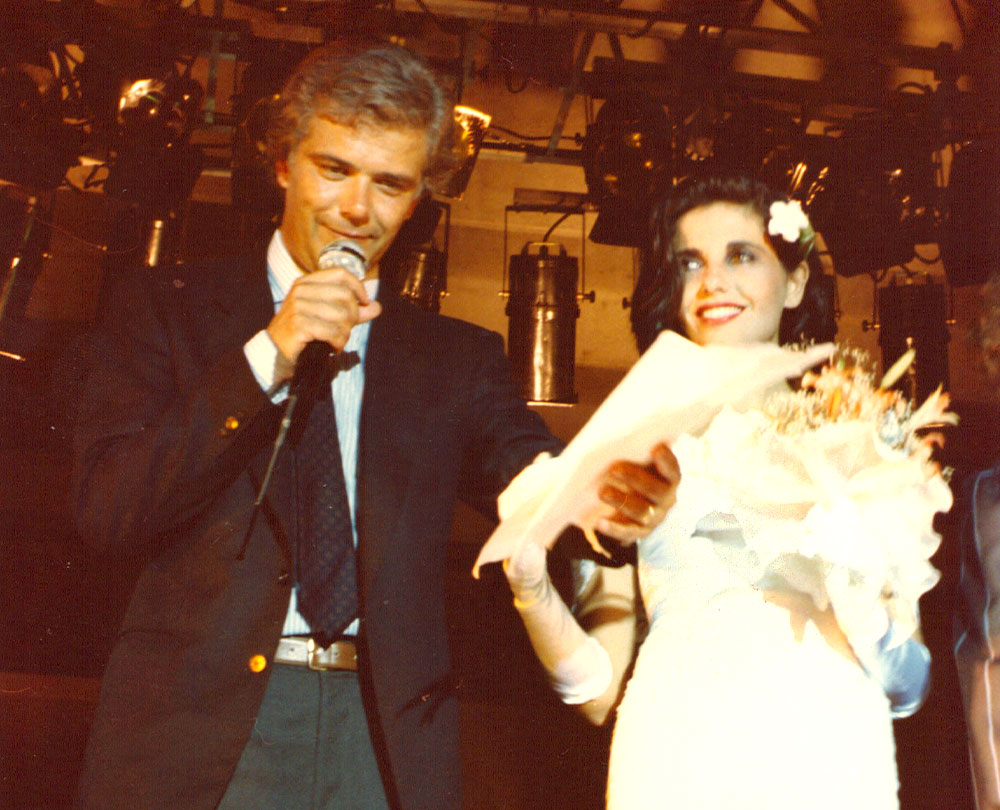
In June 1984, the first fashion show organized by the Institute took place: today the Secoli Fashion Show is much more than a fashion show, it is a central appointment in the Institute's calendar and an important milestone in each designer's educational journey: for students it represents a first great opportunity for visibility. Since 2018, the opening of the Secoli Fashion Show has been dedicated to the school's emerging talents - DESIGNER TO WATCH - which is now considered by media, influencers, and fashion system companies as a glamorous showcase hosting the future protagonists of the sector.
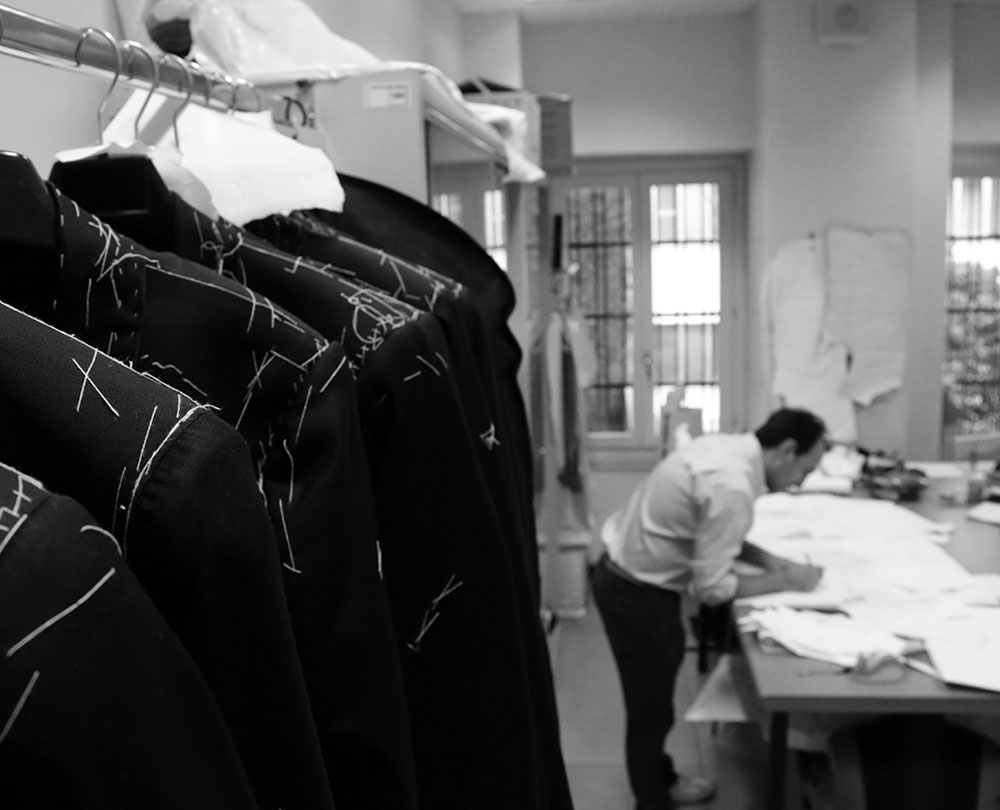
In 1990, the first organizational consultancy coordinated by Danilo Migliorini, Director of the Institute's Consulting Area, took place, making the connection between the education provided and the fashion industry even stronger: to date, hundreds of companies have chosen Secoli as their strategic partner. In 1992, Stefano Secoli took over the leadership of the school with the same spirit and driven by the same ambition as his father: to teach how to design and create perfectly conceived garments.
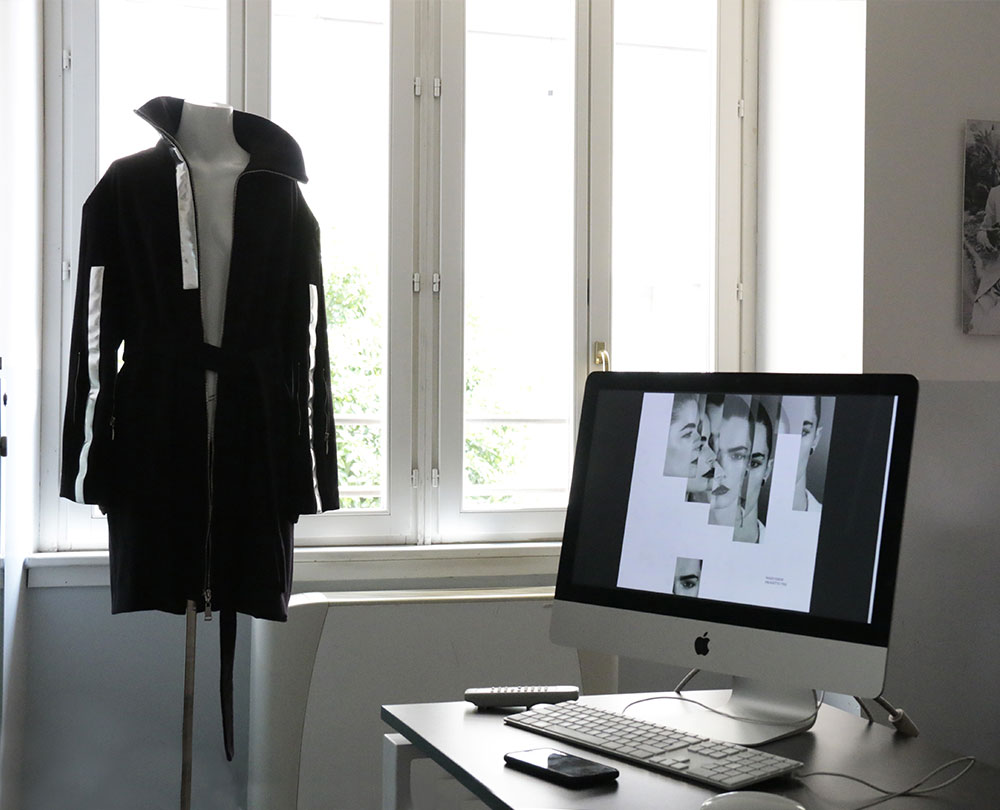
In 2007, the new headquarters was inaugurated in the heart of Milan, just steps away from the famous fashion quadrilateral. In 2008, Istituto Secoli became a founding member of Piattaforma Sistema Formativo Moda, the association that brings together the most important training institutes, academies, and universities in the sector.
In 2010, the first "Master's in Pattern Making" programs were launched, courses designed to offer excellence in education to Fashion Design graduates.
In October 2016, Istituto Secoli, with an internationalization perspective, inaugurated a new headquarters in Guangzhou, China.
Matteo Secoli, in January 2019, took the helm of the Institute, confirming and relaunching the commitment and mission that this School has always had to promote individual talent for the progress of the sector.
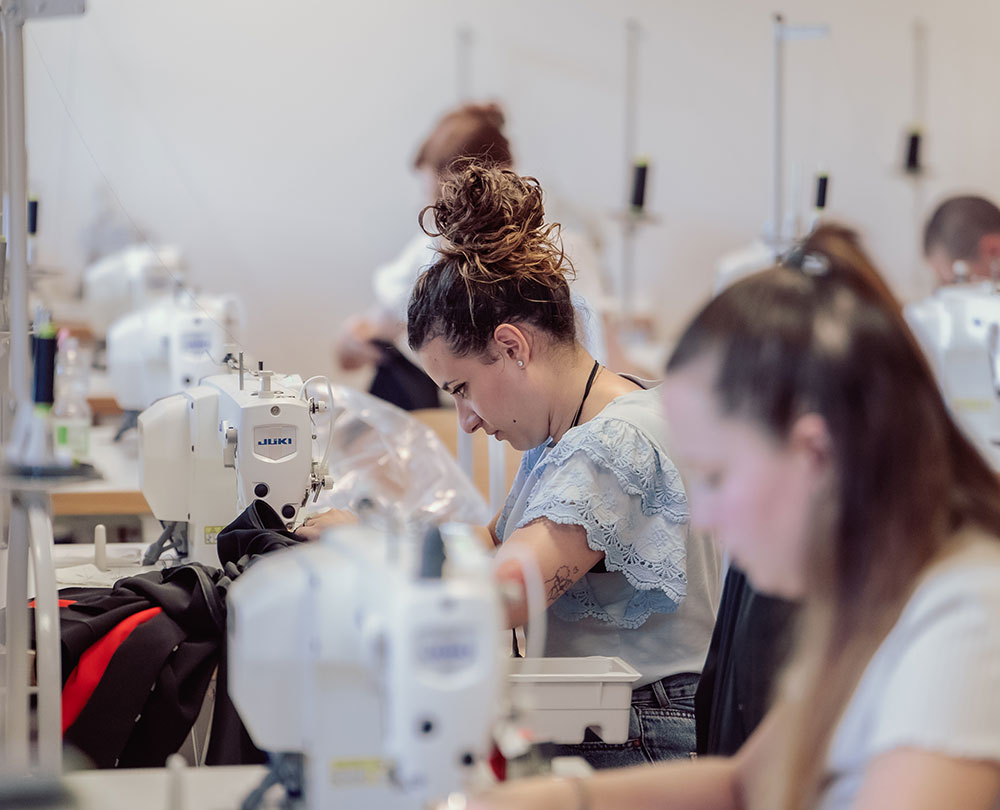
In 2022, a new headquarters opened in Novara in partnership with Alexander McQueen, Canali, Gucci, Herno, Loro Piana, Versace, Zamasport, and ZEGNA, dedicated to training prototypists.
In the same year, Matteo Secoli became President of Piattaforma Sistema Formativo Moda ETS.
In October 2023, the three-year course in Fashion Design and Fashion Product Technologies obtained ministerial accreditation for issuing the Level I Academic Diploma equivalent to a bachelor's degree.
